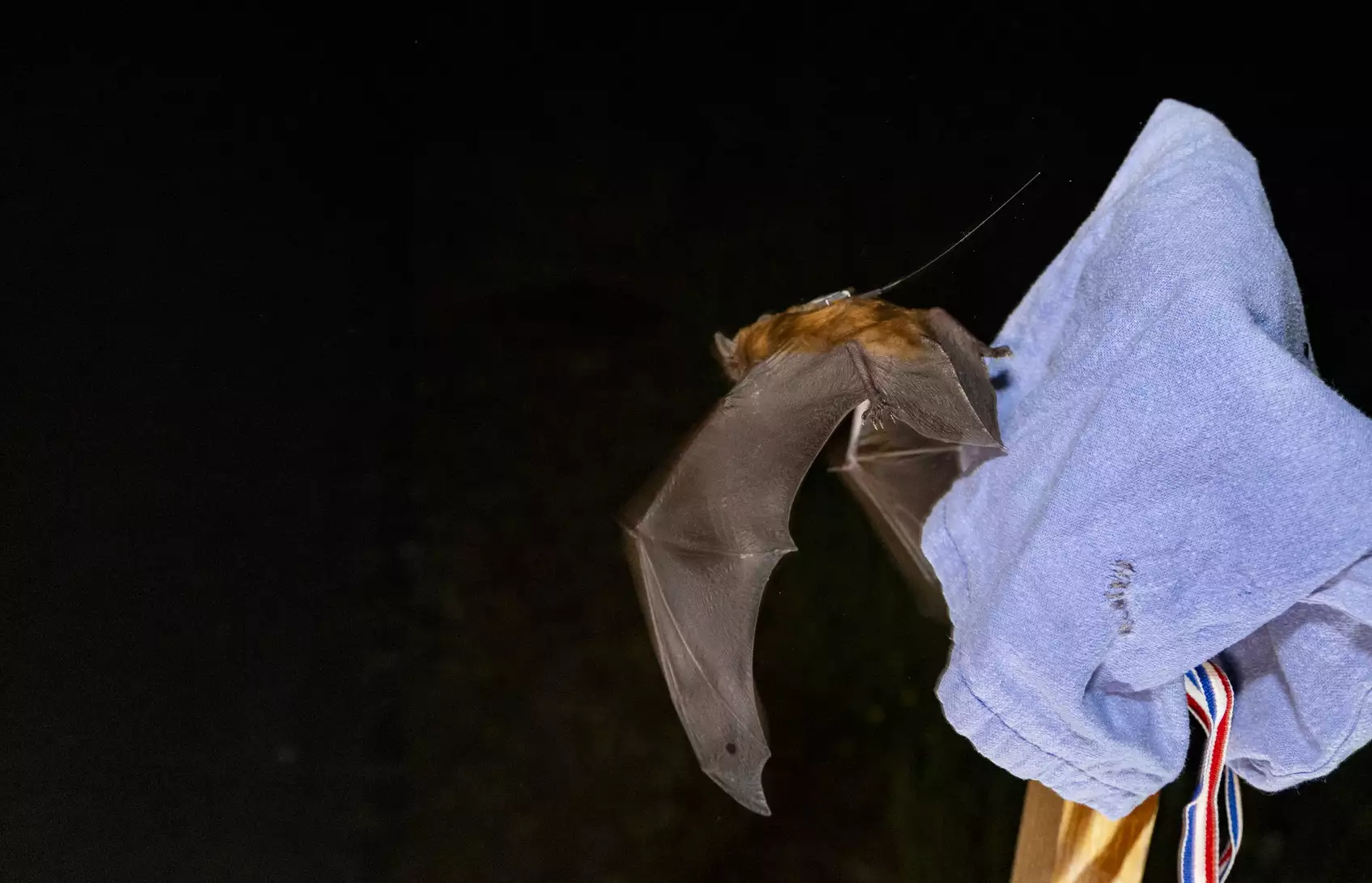
As we age, our immune systems naturally weaken, making seniors more vulnerable to certain infections.
Pneumonia, shingles, and the flu are just a few examples of illnesses that can lead to severe complications in older adults.
But there’s good news: scientists and doctors are developing new vaccines to help protect seniors from these common threats. These advancements are not just about adding years to life but improving the quality of those years by reducing illness and hospitalization.
Vaccines work by training the immune system to recognize and fight harmful germs. For seniors, however, the immune system often doesn’t respond as strongly to vaccines as it does in younger people.
This is why researchers are focusing on creating vaccines specifically designed for older adults, ensuring they offer strong and long-lasting protection.
Take the flu vaccine, for example. Each year, flu shots are updated to match the strains of the virus expected to circulate. But seniors often need a more powerful version to boost their immune response.
A high-dose flu vaccine has already been developed, providing four times the antigen of a standard flu shot, and studies show it significantly reduces the risk of flu-related hospitalizations in older adults.
New research is also exploring universal flu vaccines that could protect against all strains, potentially removing the need for yearly updates.
Pneumonia, often caused by a bacteria called Streptococcus pneumoniae, is another major concern for seniors. Traditional vaccines have provided good protection, but new options are expanding coverage against even more strains of this bacteria.
Recently, a vaccine combining protection against 20 strains of Streptococcus pneumoniae has been approved, offering broader defense against pneumonia, meningitis, and bloodstream infections.
Research shows this vaccine is especially effective for those aged 65 and older, significantly reducing the risk of severe complications.
Shingles, caused by the reactivation of the chickenpox virus, can lead to painful rashes and long-term nerve pain. A newer shingles vaccine, approved in recent years, has shown over 90% effectiveness in preventing shingles in adults over 50.
What makes this vaccine stand out is that it works well even in older populations, offering strong protection where previous vaccines were less effective. This means fewer seniors have to suffer from the debilitating pain of shingles.
One of the most exciting areas of vaccine research involves respiratory syncytial virus (RSV). RSV is a common virus that can lead to severe respiratory illness, particularly in older adults. Until recently, there was no approved vaccine for RSV, but breakthrough research has changed that.
In 2023, the first RSV vaccines for seniors were approved. Studies show these vaccines can prevent up to 80% of severe RSV cases in older adults. With RSV season overlapping with flu season, this is a critical step in protecting vulnerable populations.
Beyond these, researchers are also exploring vaccines for other infections that disproportionately affect seniors, such as urinary tract infections and hospital-acquired infections like Clostridium difficile.
While these are still in development, the progress is promising, offering hope for better health outcomes in the future.
Vaccines are a powerful tool for keeping seniors healthy, but they work best when combined with regular check-ups, healthy living, and staying informed about new medical advances.
These breakthroughs in vaccine research are not just about preventing illness—they represent a commitment to helping seniors live healthier, more fulfilling lives. With new vaccines on the horizon, the future looks brighter for protecting older adults from common infections.
Copyright © 2025 Knowridge Science Report. All rights reserved.








Leave a Comment